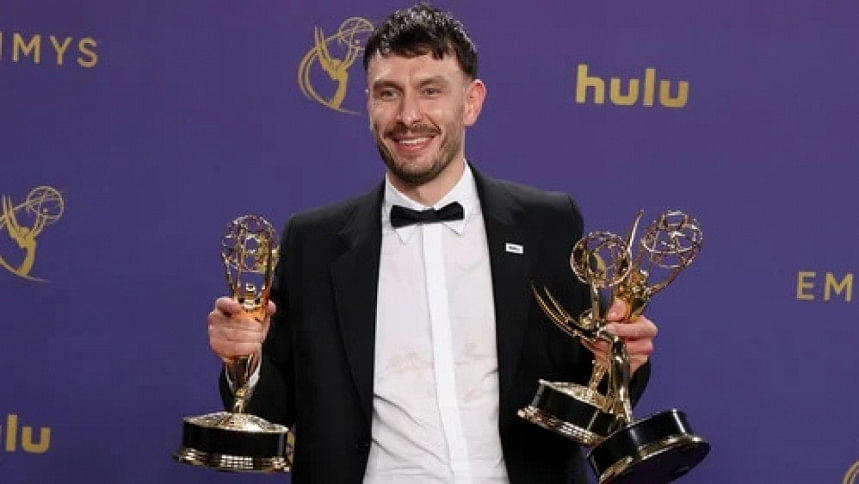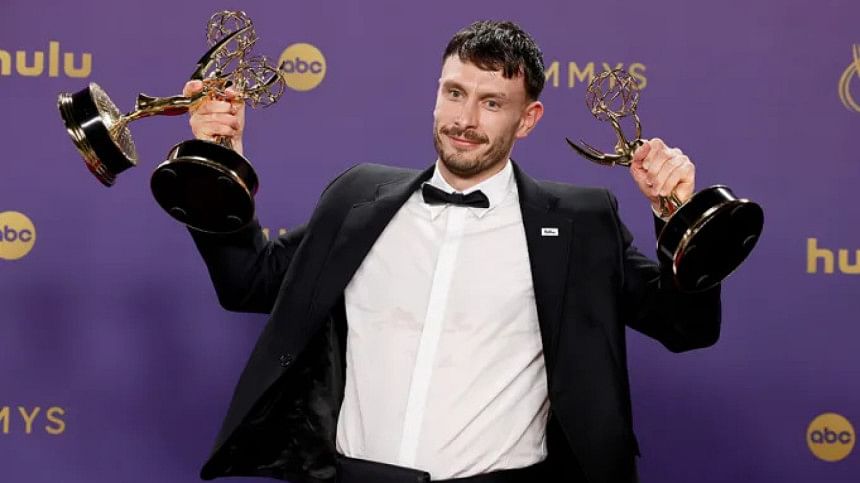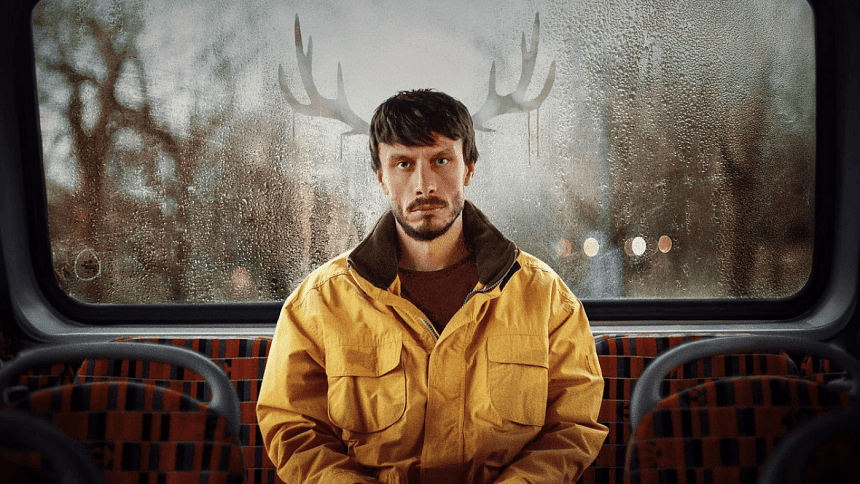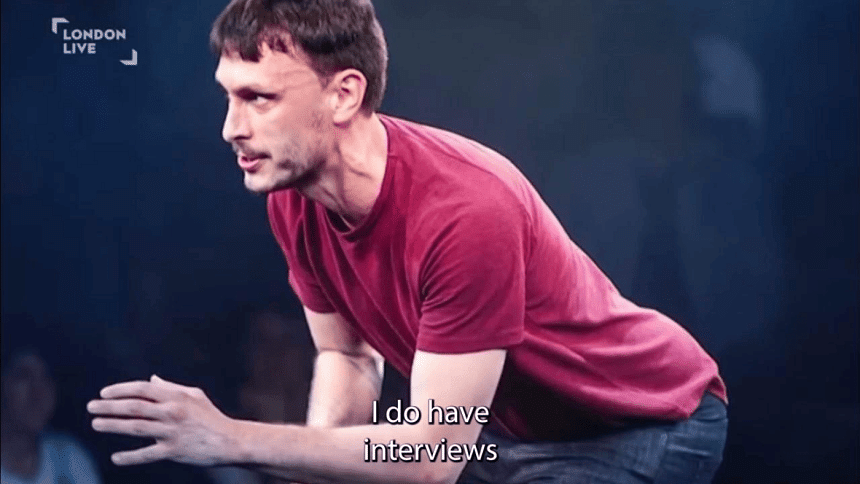Richard Gadd signs Netflix first-look deal despite $170 million lawsuit over ‘Baby Reindeer’

Despite being at the centre of a $170 million defamation lawsuit, Richard Gadd, the creator of the Emmy-winning series "Baby Reindeer", has secured a first-look deal with Netflix. The announcement, made by Netflix co-CEO Ted Sarandos during the Royal Television Society conference in London, comes in the wake of legal challenges tied to the controversial series.
When questioned by journalist Kirsty Wark about the lawsuit, Sarandos was resolute in Netflix's support for Gadd, defending both the creator and the series itself. "We are facilitating storytellers to tell their stories," Sarandos said, responding to concerns over the platform's characterization of "Baby Reindeer" as a "true story."

"This is Richard's true story," Sarandos continued. "We finished [signing] our first-look deal with Richard Gadd to do his next work at Netflix... We're very proud of Richard and proud of the story he told and the way he told it."
Sarandos was quick to clarify that the series isn't a documentary, but rather a dramatised portrayal of Gadd's own experiences. "We're watching it performed by actors on television — we think it's abundantly clear there's dramatisation involved," he said. Sarandos also noted that the debate over the show's authenticity seems to be "a uniquely British debate," as criticism over "Baby Reindeer"'s veracity hasn't sparked the same level of conversation elsewhere.

"Baby Reindeer" garnered critical acclaim and scooped up six Emmy awards, including for Outstanding Limited or Anthology Series. Gadd himself took home the award for writing and lead actor, while Jessica Gunning won for her portrayal of Martha, a stalker who becomes entangled with Gadd's character, Donny Dunn, a struggling comedian. The series, based on Gadd's real-life experiences, has been praised for its raw, emotional depth and complex portrayal of the relationship between Dunn and his stalker.
In an interview with Variety in April, Gadd addressed the challenges of adapting his personal story for television. While asserting that the series is "all emotionally 100% true," he admitted that some aspects had to be altered. "It's all borrowed from instances that happened to me and real people that I met," Gadd said, acknowledging that legal and artistic considerations required adjustments to the narrative. "But of course, you can't tell the exact truth, for both legal and artistic reasons."

Those legal reasons became all too real in June, when Scottish woman Fiona Harvey filed a $170 million lawsuit against Netflix, accusing the company of defamation, intentional infliction of emotional distress, negligence, and violations of her right to publicity. Harvey claims that the series misrepresents her involvement in Gadd's life, painting a defamatory picture that has caused her significant personal harm.
Netflix has remained steadfast in its support of Gadd since the lawsuit was filed. The streaming giant responded to the suit by stating, "We intend to defend this matter vigorously and to stand by Richard Gadd's right to tell his story." Gadd, for his part, has yet to publicly comment on the lawsuit but continues to stand by the authenticity of the emotional core of his narrative.

Sarandos, meanwhile, seems unfazed by the ongoing legal battle. By doubling down on their partnership with Gadd, Netflix is sending a clear message about their commitment to creators who push boundaries and tell deeply personal, provocative stories. The controversy, if anything, appears to have amplified Gadd's stature in the industry, with the new first-look deal suggesting that his next project could be just as bold and groundbreaking as "Baby Reindeer".

 For all latest news, follow The Daily Star's Google News channel.
For all latest news, follow The Daily Star's Google News channel. 








Comments